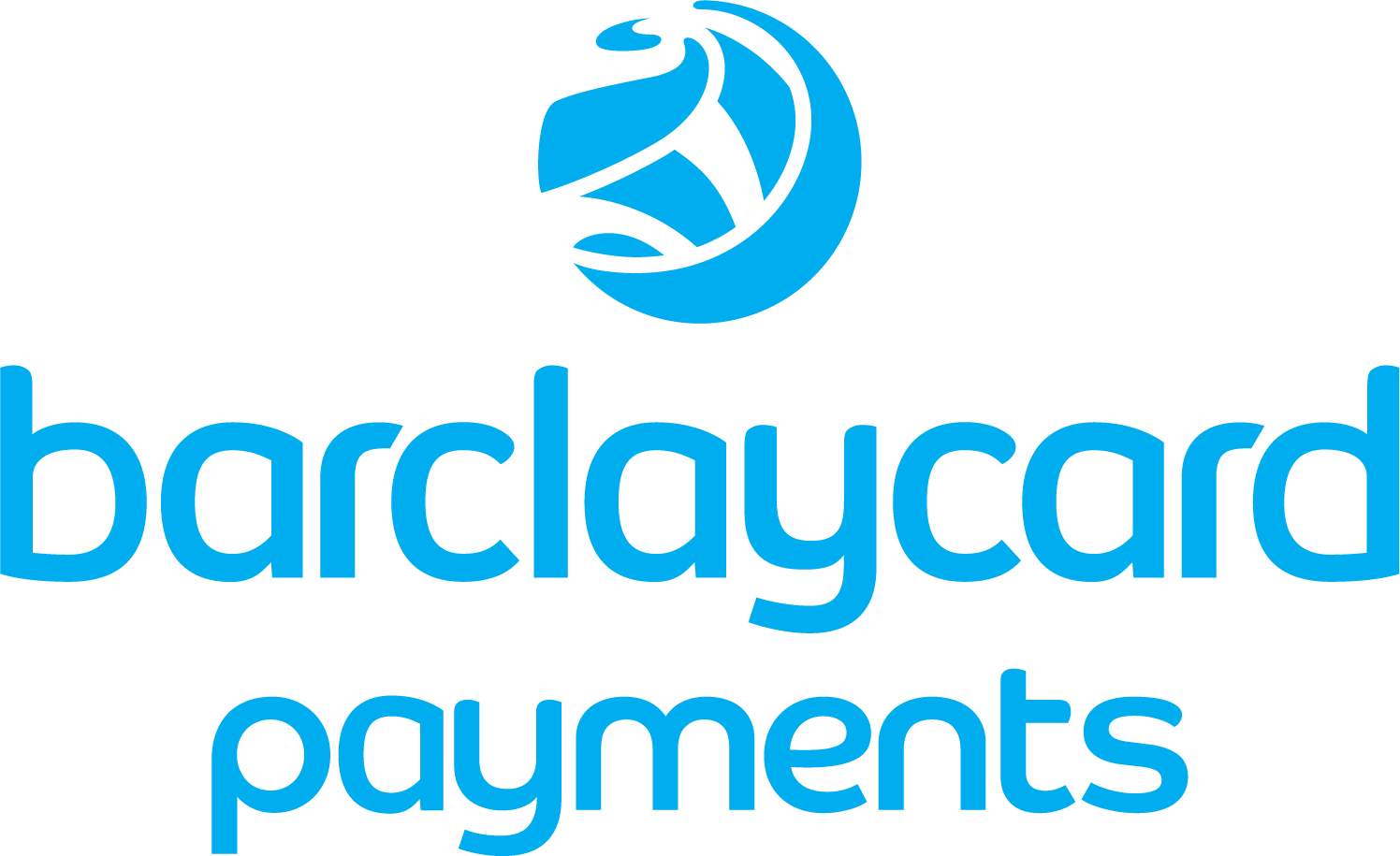- Accept card payments – lowest rates from 0.27%
- Keep your card processing fees to a minimum
- Direct access to the UK’s leading card processing banks
- We ensure your rates always remain competitive
No spam emails or calls
Choose from the payment methods then click Next
What's your turnover each month?
Enter the name of your company
Enter your company's postcode and contact number
Tell us what you need
Fill in our quick form and we’ll give you a call for a brief 5-minute chat to understand exactly what you're looking for.
Get tailored quotes
We’ll match you with up to three of the most competitive offers from our trusted providers that suit your business.
Pick with confidence
We’ll help you understand the options so you can choose the best fit — quickly, clearly, and without any pressure.






Payment Gateway vs Payment Processor: Key Insights for Your Business
In today’s digital economy, businesses must offer seamless and secure payment options to stay competitive. Whether you’re selling online or in person, understanding the difference between a payment gateway vs payment processor is crucial for smooth payment processing. A dedicated merchant account and payment gateway are essential to accept card payments online.
As a business owner, choosing the right payment solutions can streamline payment processes and enhance customer trust.
While these terms are often used interchangeably, they serve distinct roles in online transactions. This guide breaks down how payment gateways and payment processors work, their key differences, and how they collaborate to facilitate credit card payments, debit card payments, and other digital payment methods.
Introduction to Payment Processing
Payment processing is a crucial aspect of any business, enabling merchants to accept payments from customers through various channels. At the heart of payment processing are two essential components: payment gateways and payment processors. A payment gateway is a platform that securely transmits payment information between a merchant’s website or app and the payment processor. On the other hand, a payment processor is an intermediary between the merchant and the financial institutions involved in a transaction, facilitating the transfer of funds. Understanding the difference between payment gateways and payment processors is vital for businesses to navigate the complex world of payment processing.
Understanding Payment Gateways and Payment Processors
What Is a Payment Gateway?
A payment gateway is a technology that securely transmits payment data between a customer, merchant, and financial institutions. It acts as a virtual bridge, ensuring that credit card data and other payment details are encrypted and transferred safely.
How Payment Gateways Work
- Customer Submits Payment: When a customer submits their credit or debit card details during checkout, the payment gateway encrypts this information.
- Authorization Request: The payment gateway transfers the transaction details to the payment processor, which communicates with the customer’s account and the merchant’s bank account (acquiring bank).
- Approval or Decline: The payment processor interacts with the customer’s bank to check for sufficient funds and fraud risks before approving or declining the transaction.
- Transaction Completion: If approved, funds are moved from the customer’s bank account to the merchant’s bank account—usually within 1-3 business days.
Payment gateways are essential for online payments, card-not-present transactions, and mobile payments. Popular payment gateway providers include Stripe, PayPal, and Worldpay.
What Is a Payment Processor?
A payment processor facilitates transactions by communicating between the merchant, banks, and card networks (Visa, Mastercard, etc.). Unlike a payment gateway, which focuses on securely transmitting payment information, the payment processor acts as an intermediary that verifies and settles transactions with the customer’s card issuing bank. A payment provider plays a crucial role in the payment processing ecosystem by offering the necessary services to facilitate online transactions, helping businesses navigate the complexities of digital sales.
How Payment Processors Work
- Receives Transaction Data: The payment processor forwards transaction details from the payment gateway to the credit card network.
- Bank Communication: The payment processor communicates with the customer’s card-issuing bank for authorization of the customer’s credit card.
- Funds Transfer: Once approved, the payment processor facilitates the transfer of funds from the customer’s account to the merchant’s bank account by securely handling the customer’s payment details.
- Settlement: The acquiring bank deposits the funds into the merchant’s account, minus processing fees.
Payment processors play a vital role in both online payments and in-person transactions (via credit card readers). Examples include Square, Adyen, and Fiserv.
Key Differences: Payment Gateway vs Payment Processor
| Feature | Payment Gateway | Payment Processor |
|---|---|---|
| Primary Role | Securely transmits payment details for electronic payments | Facilitates transaction approval & settlement |
| Used For | Online payment gateway integrations | Both online and in-person transactions |
| Security Focus | Encrypts customer’s payment details | Verifies transactions with banks or financial institutions |
| Connection | Links merchant’s website to payment processor | Connects gateway, issuing bank, and acquiring bank |
| Example Providers | Stripe, PayPal, Authorize.Net | Square, Adyen, Elavon |
Do You Need Both a Payment Gateway and Payment Processor?
Yes—most businesses require both payment processors and payment gateways to accept payments online.
- E-commerce stores need a payment gateway to securely collect credit card data and a payment processor to handle transactions, which may include a fixed fee per transaction.
- Brick-and-mortar stores may only need a payment processor with a credit card reader for in-person transactions, facilitating fund transfers into the merchant’s bank account.
Some providers (like Stripe and PayPal) function as both a payment gateway and processor, simplifying integration.
Merchant Accounts and Payment Processing
A merchant account is a type of bank account that allows businesses to accept payments from customers. To accept credit card payments, businesses need to establish a merchant account with a bank or a payment processor. Payment processors play a crucial role in facilitating transactions between merchants and financial institutions. They verify the customer’s payment information, check for sufficient funds, and transfer the funds to the merchant’s bank account. Merchant accounts can be provided by traditional merchant account providers, payment gateways, or payment processors. Businesses can choose from various types of merchant accounts, including traditional merchant accounts, payment gateway accounts, and aggregate merchant accounts.
Online Payment Gateway and Security
An online payment gateway is a critical component of e-commerce transactions, enabling businesses to accept payments online. Payment gateways securely transmit payment information between the merchant’s website or app and the payment processor. To ensure secure online payment processing, payment gateways must comply with industry standards, such as PCI-DSS. Payment gateways use encryption technology, such as SSL, to protect sensitive payment information. Additionally, payment gateways often provide fraud prevention tools and risk management services to help businesses prevent fraudulent transactions. By choosing a reputable payment gateway, businesses can ensure secure and reliable online payment processing.
How Payment Gateways and Processors Work Together
- Customer Checks Out: A customer submits their payment information on your website.
- Gateway Encrypts Data: The payment gateway acts as a security layer, securely transmitting the customer’s payment information to the payment processor.
- Processor Routes Transaction: The payment processor communicates with the credit card network and customer’s bank to process transactions for approval.
- Funds Are Transferred: If approved, the payment processor facilitates the transfer to your merchant account.
This seamless collaboration ensures quick, secure online payment processing.
Managing Risk and Preventing Fraud
Managing risk and preventing fraud are essential aspects of payment processing. Payment processors and payment gateways play a crucial role in detecting and preventing fraudulent transactions. They use advanced algorithms and machine learning techniques to identify suspicious activity and flag potential fraud. Businesses can also implement additional security measures, such as 3D Secure, to further reduce the risk of fraud. Moreover, payment gateways and processors often provide tools and services to help businesses manage risk, including transaction monitoring, reporting, and analytics. By working together with payment processors and gateways, businesses can minimize the risk of fraud and ensure a secure payment process for their customers.
Choosing the Right Payment Solution for Your Business
Factors to Consider
- Business Model: Do you need online transactions, in-person transactions, or both? If you run an online store, consider the necessity of payment gateways and processors to facilitate secure transactions and enhance customer trust.
- Fees: Compare fixed fees, per-transaction costs, and any hidden charges.
- Security: Ensure PCI compliance and fraud protection for secure online payment processing.
- Integration: Can you easily integrate payments with your e-commerce platform?
- Supported Payment Methods: Look for providers that support multiple payment methods (credit/debit cards, digital wallets).
- Traditional Ecommerce Transactions: Understand how traditional ecommerce transactions form the foundation for payment gateway technology. Modern gateways should facilitate a seamless omnichannel experience, addressing the challenges of managing different providers and offering an all-in-one solution for merchants and customers.
Popular Payment Service Providers in the UK
- Stripe: Combines payment gateway and processor, ideal for online businesses.
- PayPal: Widely recognized, supports credit card payments and digital wallets.
- Square: Great for card payments in-store and online.
- Worldpay: A robust solution for high-volume businesses.
- Adyen: Supports global transactions with multi-currency support.
Conclusion: Optimizing Your Payment Infrastructure
Understanding the distinction between a payment gateway vs payment processor helps businesses streamline payment processing, reduce costs, and enhance security. While the payment gateway acts as the security checkpoint for online payments, the payment processor facilitates the actual movement of funds between banks.
For UK businesses, selecting the right payment service provider—whether a standalone gateway vs payment processor or an all-in-one solution—can improve checkout experiences, boost sales, and ensure secure online payment processing.
By evaluating your business needs, transaction types, and preferred payment methods, you can build a payment system that maximizes efficiency and customer satisfaction.
Final Takeaways
- Payment gateways securely transmit payment data in online transactions.
- Payment processors handle transaction approvals and settlements between banks.
- Most businesses need both payment processors and payment gateways to accept credit card payments.
- Leading providers like Stripe and PayPal offer combined solutions for easier payment integration.
Ready to optimize your payment processing? Compare payment gateway providers and payment processors today to find the best fit for your business!